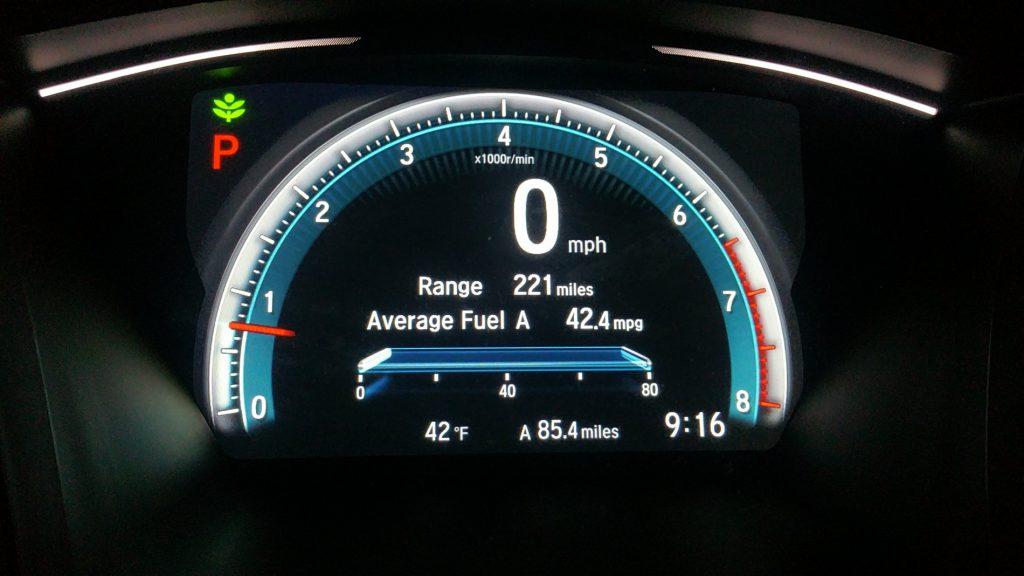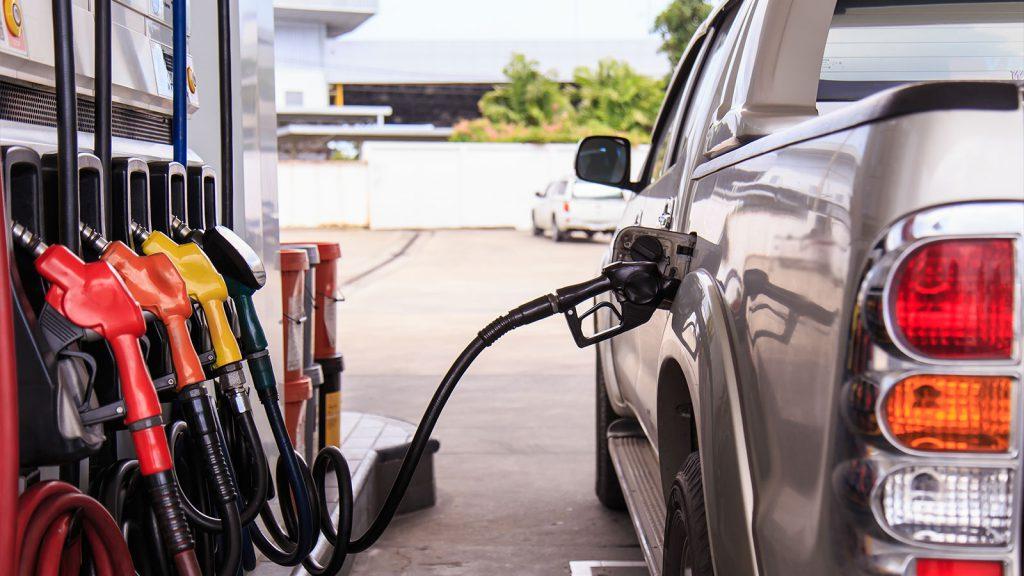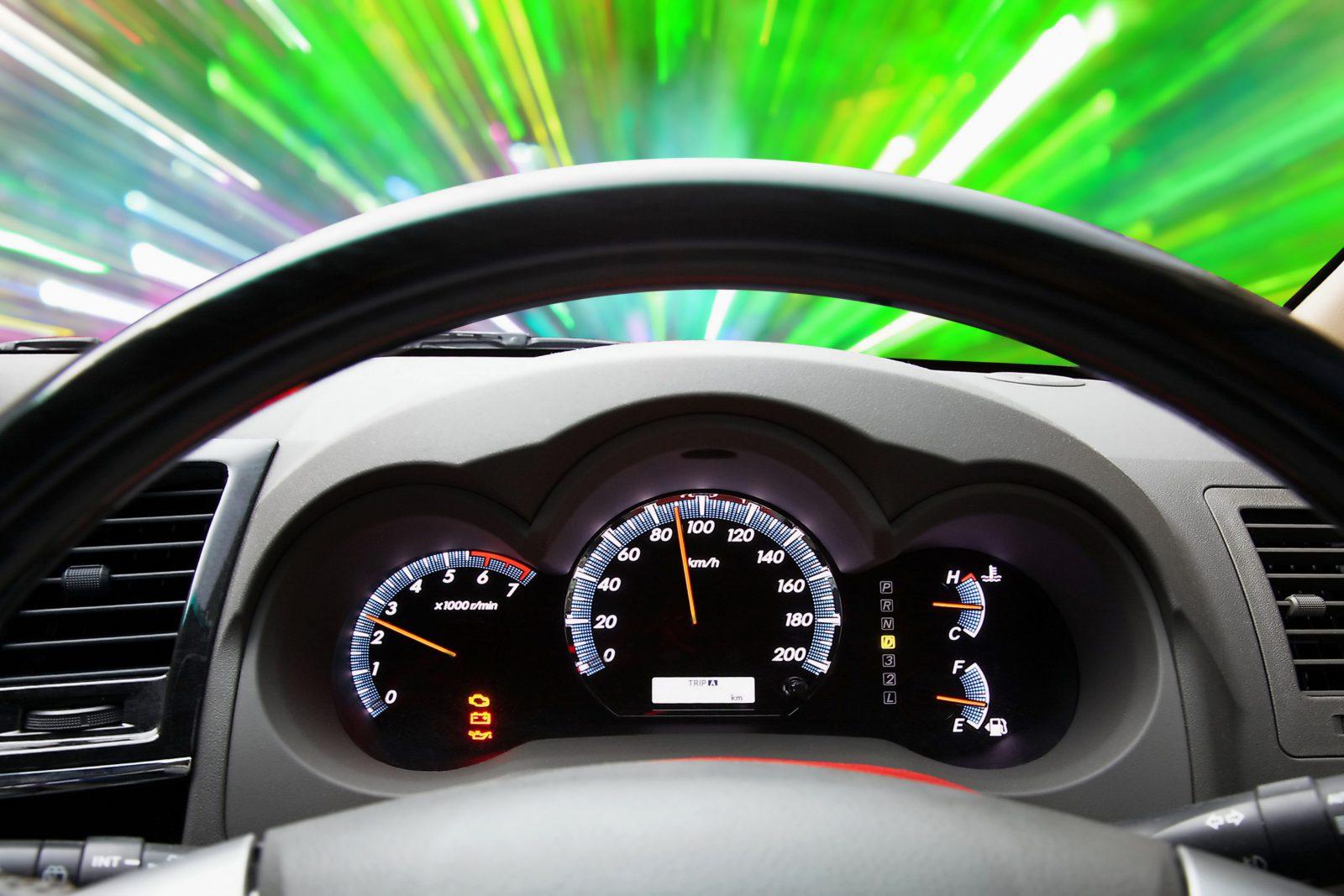A good gas mileage simply means less gas consumption for a larger per mile distance. Let’s suppose your vehicle has a 30MPG, it clearly means your vehicle travels a distance of 30 miles per 1 gallon of gas. However, to find out what a good gas mileage actually is, you need to consider a myriad of significant factors counting the kind of vehicle concerned. Let’s explore further what is good gas mileage for your vehicle type.
Contents
What is Good Gas Mileage?
Gas Mileage is usually measured in MPG .i.e. miles per gallon. This means a number of miles a vehicle can generally travel per gallon of gas. MPG is typically higher on highway conditions than in the metropolis.
Earlier, the range of gas mileage for vehicles on the road was <20MPG (equal to 14.0 liters per 100 kilometers) to > 40 MPG (equal to 7.0 liters per 100 kilometers)
One can also measure the gas mileage in terms of GPM .i.e. number of gallons needed by a car to move 100 miles.
GPM is more helpful in calculating the right fuel efficiency of a vehicle with respect to other considerations.

SEE MORE:
Ways to Determining a Vehicle’s Gas Mileage
There are various factors responsible for determining the gas mileage of your automobile. A few of the most important are:
1. Type of Vehicle
The type of car is the first factor responsible for identifying if it possesses a good gas mileage or not. Essentially, smaller engines provide better mileage than bigger ones.
It is because of the vehicle weight factor versus engine size. Therefore, the smaller the car’s engine, the less weight it will carry. As a result, less fuel will be required to operate.
2. Kind of Fuel Used

Another factor liable for a good gas mileage is the type of fuel used by your vehicle. This is because different types of fuels are needed to operate different vehicles.
A great fuel helps to diminish the friction in your car’s engine and can make a lot of difference in the gas mileage. To know which type of fuel you should use for your vehicle, read on some car maintenance tips by the auto experts.
3. Fuel Octane
The fuel octane’s rating affects the gas mileage of your vehicle. The octane value helps to tell the rate at which gas burns in the engine based on the fuel reduction to additive ratio.
More octane means less burning, which in turn means efficient running of your car.
>> Looking for a quality cheap used car from Japan, click here <<
4. Type of Driving Condition
Another topic affecting the gas mileage of your vehicle is the driving condition. You need to travel either on the streets or on highways.
Generally, our cars provide better gas mileage on the highways rather than on the street conditions. Usually, the gas mileage on the highway is 3 to 5 miles more than street driving.
FAQs
-
What is the difference between city and highway gas mileage?
City gas mileage represents fuel efficiency during stop-and-go city driving, which is typically lower than highway gas mileage.
Highway gas mileage reflects fuel efficiency during steady, continuous-speed highway driving, which is often higher due to fewer stops and starts.
-
Are hybrid and electric vehicles more fuel-efficient than traditional gasoline vehicles?
Yes, hybrid and electric vehicles are generally more fuel-efficient than traditional gasoline vehicles.
Hybrids use a combination of gasoline and electric power, while electric vehicles run solely on electricity, resulting in higher efficiency and reduced fuel consumption.
-
How does the Environmental Protection Agency (EPA) determine a vehicle’s estimated gas mileage?
The EPA conducts standardized laboratory tests to determine a vehicle’s estimated gas mileage.
These tests simulate driving conditions and measure fuel consumption. The EPA then assigns a city and highway mpg rating based on these tests, which is displayed on vehicle window stickers.
-
Is it possible to exceed the EPA’s estimated gas mileage for a vehicle?
Yes, it’s possible to exceed the EPA’s estimated gas mileage through careful driving habits and regular maintenance. However, real-world mileage can vary depending on driving conditions, terrain, and individual driving styles.
-
Are there government incentives or programs for improving fuel efficiency?
Some governments offer incentives, tax credits, or rebates for purchasing fuel-efficient or electric vehicles to encourage cleaner transportation options and reduce emissions.
-
Is there a “one-size-fits-all” approach to achieving good gas mileage?
Achieving good gas mileage can vary from one vehicle to another. It often involves a combination of factors, including selecting a fuel-efficient vehicle, maintaining it properly, and adopting fuel-efficient driving practices tailored to your specific vehicle and driving conditions.
How to get good gas mileage, check out the video to see more details:
Conclusion
Now, you might be aware of what is good gas mileage. You can expect higher gas mileage from a well-maintained car than the same brand and model car. So, try to keep your car well maintained to have a good gas mileage.




Thank you for that,but how do I convert the MPG to KM/H to check consumption per kilometre covered .
Give the units in metric system ie kilometres per litre.In Kenya we no longer use miles and gallons.
My car vibrates when the radiator fan is on.The vibration is only felt when one is inside the car and not felt wheb one is outside the car .I went to a local mechanic and he told me that I need to replace the fan.what could be the problem with my car .Toyota ractis 2009 model